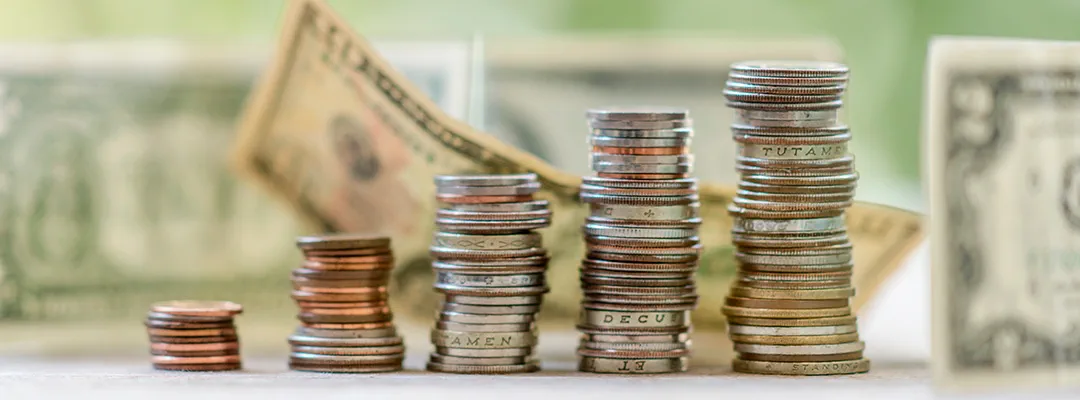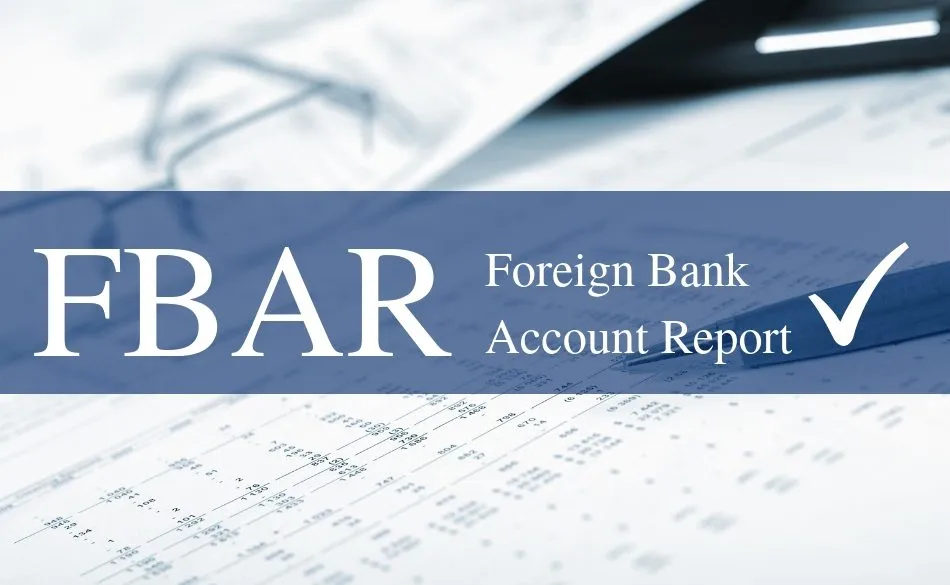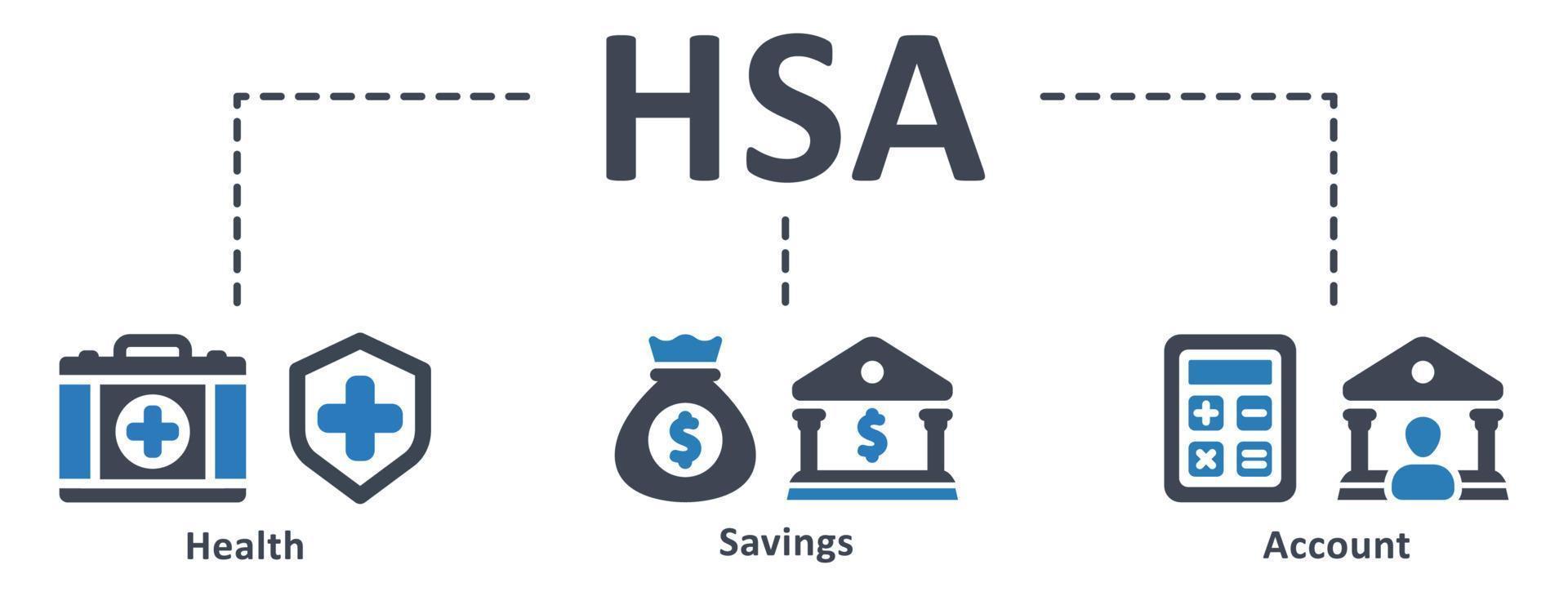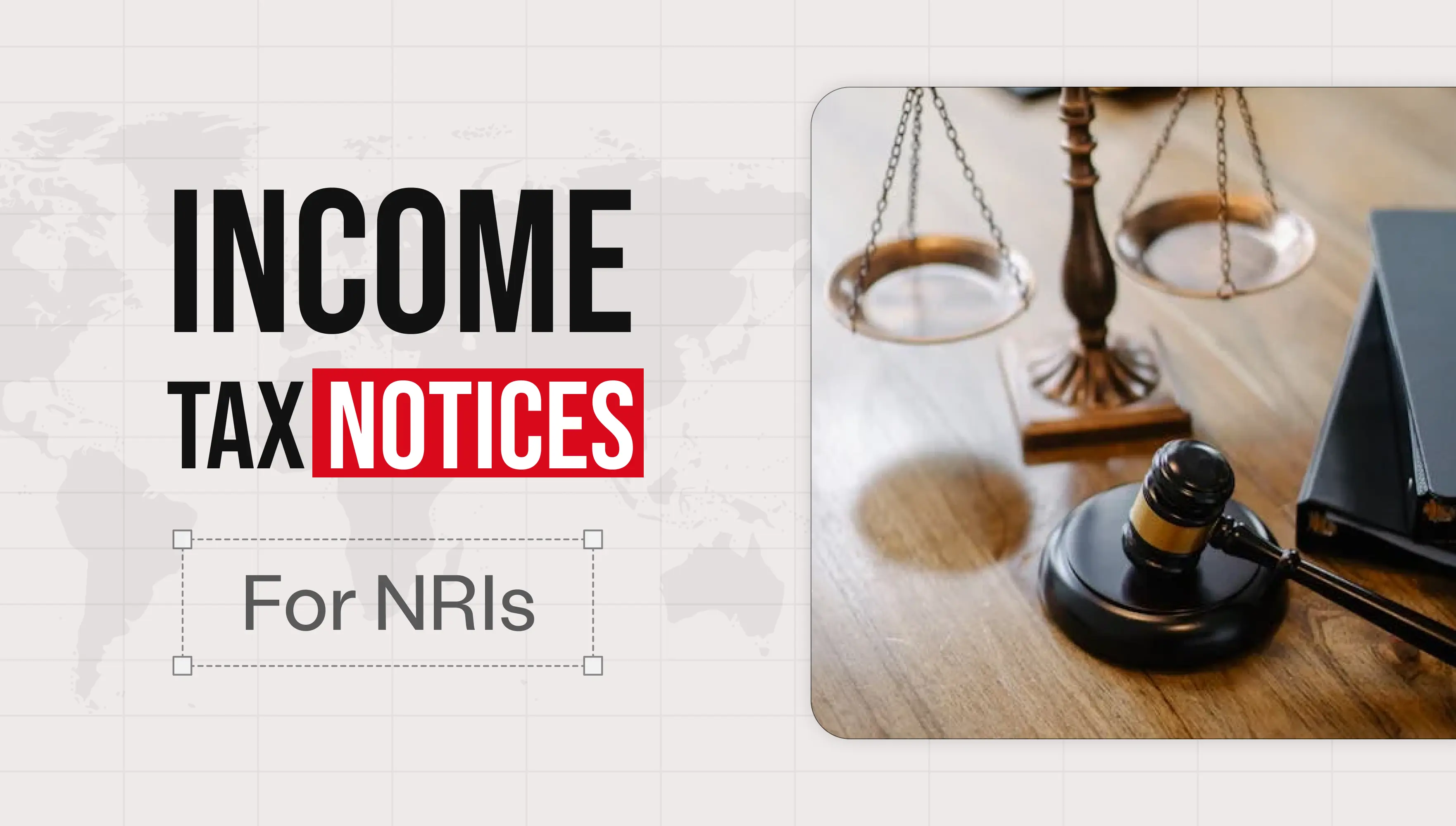 WhatsApp
WhatsApp
 Call Us
Call Us
 Email Us
Email Us
 Whatsapp Community
Whatsapp Community

Are you an NRI considering investing in India to secure and grow your foreign income? NRE (Non-Resident External) fixed deposits are a popular and safe investment option, but there are important factors to consider. Below, we answer essential questions to help you make informed decisions about NRE fixed deposits.
An NRE fixed deposit is a secure, low-risk investment where NRIs can deposit foreign earnings in Indian banks and earn attractive interest rates. These deposits help safeguard your income while offering additional benefits like repatriation and tax exemptions.
Taxation is a critical factor for NRIs when choosing investment options in India. Here’s what you need to know:
Yes, both the principal amount and the interest earned on NRE fixed deposits are fully tax-exempt in India.
In contrast, interest on NRO (Non-Resident Ordinary) fixed deposits is subject to Indian income tax.
For those looking for a tax-efficient option, NRE fixed deposits provide a significant advantage by offering tax-free income. Understanding the NRI Taxation rules is essential for maximizing the benefits of your investment.
Interest rates for NRE fixed deposits can vary widely across different banks. It’s essential to compare rates to find the most competitive option that suits your needs. Banks often tailor their rates based on factors such as:
Selecting a deposit with a favourable interest rate can help you maximize your returns. Regularly checking for the latest NRE FD interest rates will ensure you get the best deal.
Yes, one of the primary benefits of NRE fixed deposits is the ability to repatriate both the principal and interest freely. This means you can transfer your funds, including the interest earned, back to your country of residence without restrictions. Some banks, like HDFC Bank, offer full repatriation options, making NRE FDs an ideal choice for NRIs looking for flexible financial planning. Always check your bank’s specific repatriation policies to ensure they align with your needs.
The tenure of an NRE fixed deposit impacts both your returns and your investment flexibility. Here are key points to consider:
Choosing a tenure that aligns with your financial goals is crucial for optimizing your investment.
1. What happens if I withdraw my NRE fixed deposit early?
Premature withdrawal of an NRE fixed deposit may result in a lower interest rate and could incur a penalty. Always review your bank’s policy for early withdrawals.
2. Can I open a joint NRE fixed deposit account?
Yes, most banks allow joint NRE fixed deposit accounts, but the co-holder should also be an NRI or a PIO (Person of Indian Origin).
3. What currencies can I use to open an NRE fixed deposit?
NRE fixed deposits must be funded with foreign currency, which is then converted into Indian Rupees (INR) upon deposit.
4. How does the exchange rate impact my NRE fixed deposit?
The exchange rate can affect your returns when converting funds back to your home currency. Monitoring exchange rate trends can help you plan the timing of your repatriation.
5. Are there any risks involved with NRE fixed deposits?
While NRE fixed deposits are low-risk, currency exchange rate fluctuations can impact the final value when repatriated.







Stay in the loop, subscribe to our newsletter and unlock a world of exclusive updates, insights, and offers delivered straight to your inbox.